Becoming a parent is one of the most rewarding experiences, but also one of the most nerve wracking. Especially for new expectant mothers, pregnancy brings about a lot of questions that can be difficult to answer. There is so much information in books and online, but the fact is, everyone’s experience with pregnancy is different. However, there are a few important facts that every new parent should know, particularly for when the baby starts kicking! It is a completely unique experience that often raises lots of excitement and anxiety. Never fear! Put your worries aside and read on to find out the 6 most important facts that you need to know about baby kicking.

- Don’t Worry!
That first kick that an expecting mother feels can be exciting and a little scary. After all, there is a baby moving inside you! But rest assured, a baby kicking is completely normal and in fact, it’s actually a good sign. Kicking generally means that the baby is healthy and developing normally. So, although it may feel odd, it is completely normal and something to be excited about. As well, your baby is not always actually kicking you. The ‘kick’ can be the baby moving and changing positions within you.
- When Does Kicking Begin?
Babies actually begin moving around 12 weeks into pregnancy, but you are unlikely to feel this at all. You typically begin to feel babies start kicking between 16 and 24 weeks of pregnancy. If this is your first baby, it is normal not to feel movement until around 20 weeks. Feeling your baby’s movements is called ‘quickening’ and it is described as small pulses or a fluttering sensation. Remember that everyone is different and it all happens on its own time. However, if you have not felt movement past 24 weeks, it is best to seek medical advice.

- How Often Do Babies Kick?
After the 20 week mark, you should be able to feel the baby move at least two times each day. As you progress with your pregnancy, doctors advise the mother to count how many times the baby kicks within a certain time frame. For example, during an episode, it is typical for the baby to kick ten times within two hours. Of course, each pregnancy is different and it can fluctuate. However, it is important to keep track of your baby’s movements because reduced fetal activity can be a sign of a problem. Keep in mind that less kicking does not always indicate an issue but it is important to be aware of a significant decrease. If in doubt, always consult your doctor.
- What Can Affect My Baby’s Kicking?
Where you feel the baby kick can tell you about where they are positioned. If you feel kicking from a higher spot, the baby is positioned head down, known as a vertex position. At the beginning of your pregnancy, this may be felt only up to your belly button but by the end of your pregnancy, it could be all the way up to your ribs. The mother affects the babies kicking as much as the kicking affects the mother! Many mothers notice that their baby becomes a lot more active after drinking a cold glass of orange juice or milk. The combination of sugar and lower temperature is a popular trick that mothers use to feel their child. Babies also tend to be much more active at night, usually between 9pm and 1am - the usual bedtime for tired mothers. It is also found that infants are much more active in the womb when the mother is lying on her side due to the improved circulation. Babies also kick in reaction to noises such as their parents voices or from very loud environments.

- Remember, You Are Connected!
Mother and baby are connected which means that they affect each other. Diet is a huge factor that contributes to the babies kicking habits, which is why expectant mothers need to pay extra attention. For example, spicy and sugary foods usually induce lots of action from babies! It is crucial that mothers have enough proper vitamins and nutrients within their diet and take any supplements that are necessary. The better the food the mother eats, the better the baby’s development- and the stronger their kicks! Ask your doctor for diet recommendations to ensure the best health for both of you.
- Do Babies Kick Until Labour?
Yes! At the beginning of pregnancy, the baby’s movements will be random. Some days there will be more or less kicking without cause for concern. After 30 weeks however, the movements will stay about the same until labour. You will still feel your baby move several times a day and the kicks should feel stronger. These are all signs of a healthy baby and it is important to be aware of your infant’s activity level as you progress with your pregnancy,
There you have it - the 6 most important facts that you need to know about baby kicking. Feeling your baby move within you is a beautiful and special moment and it’s the first way of getting to know your unborn baby. However, we know it can also be scary and anxieties are at a high level, especially for first time parents. Keep in mind the facts listed in this article and the next time your baby kicks, you’ll know exactly why and what to look out for. It is always best to consult a medical professional for any concerns. Lastly, but most importantly, remember to take it one day at a time and enjoy all the little experiences along the way.

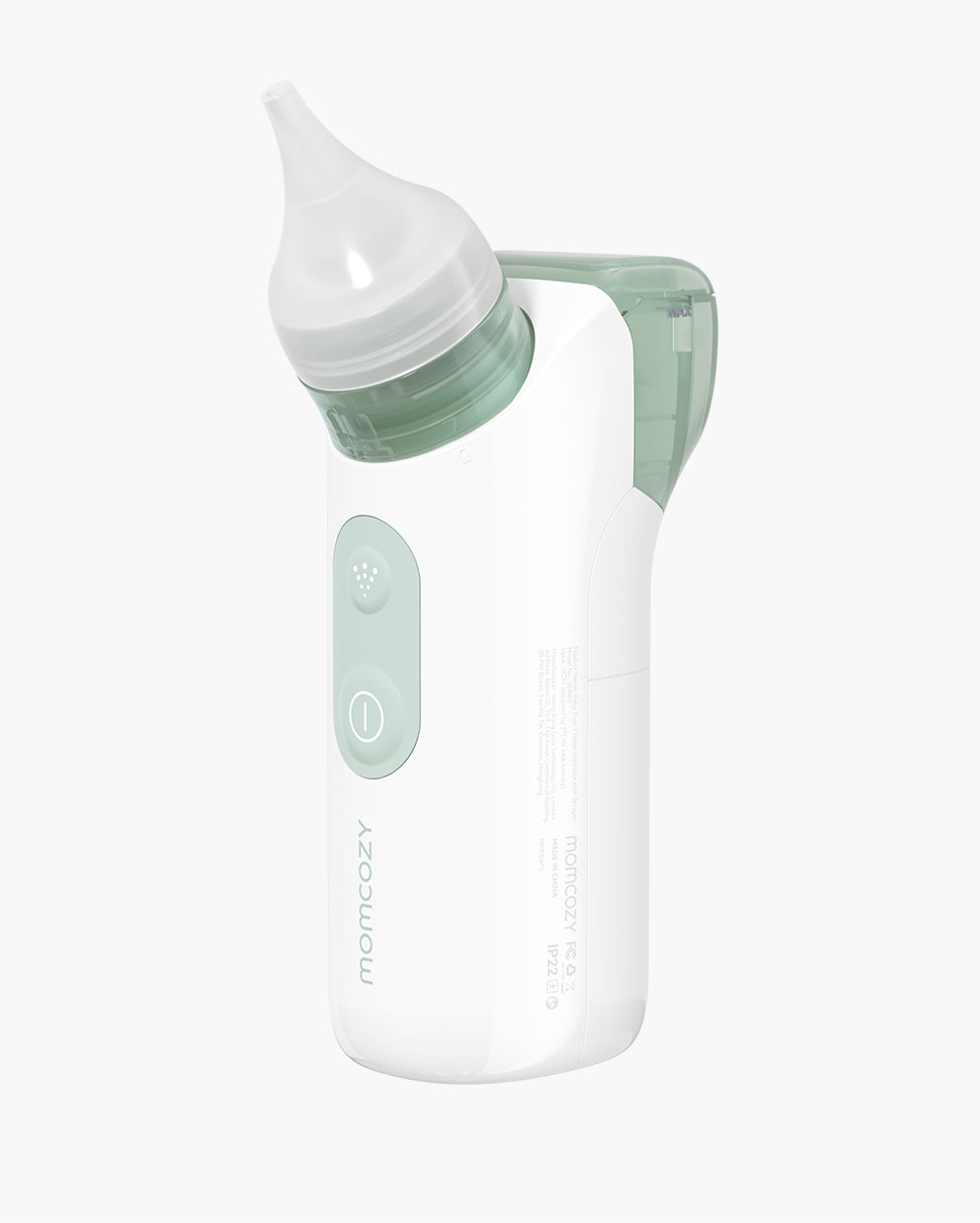
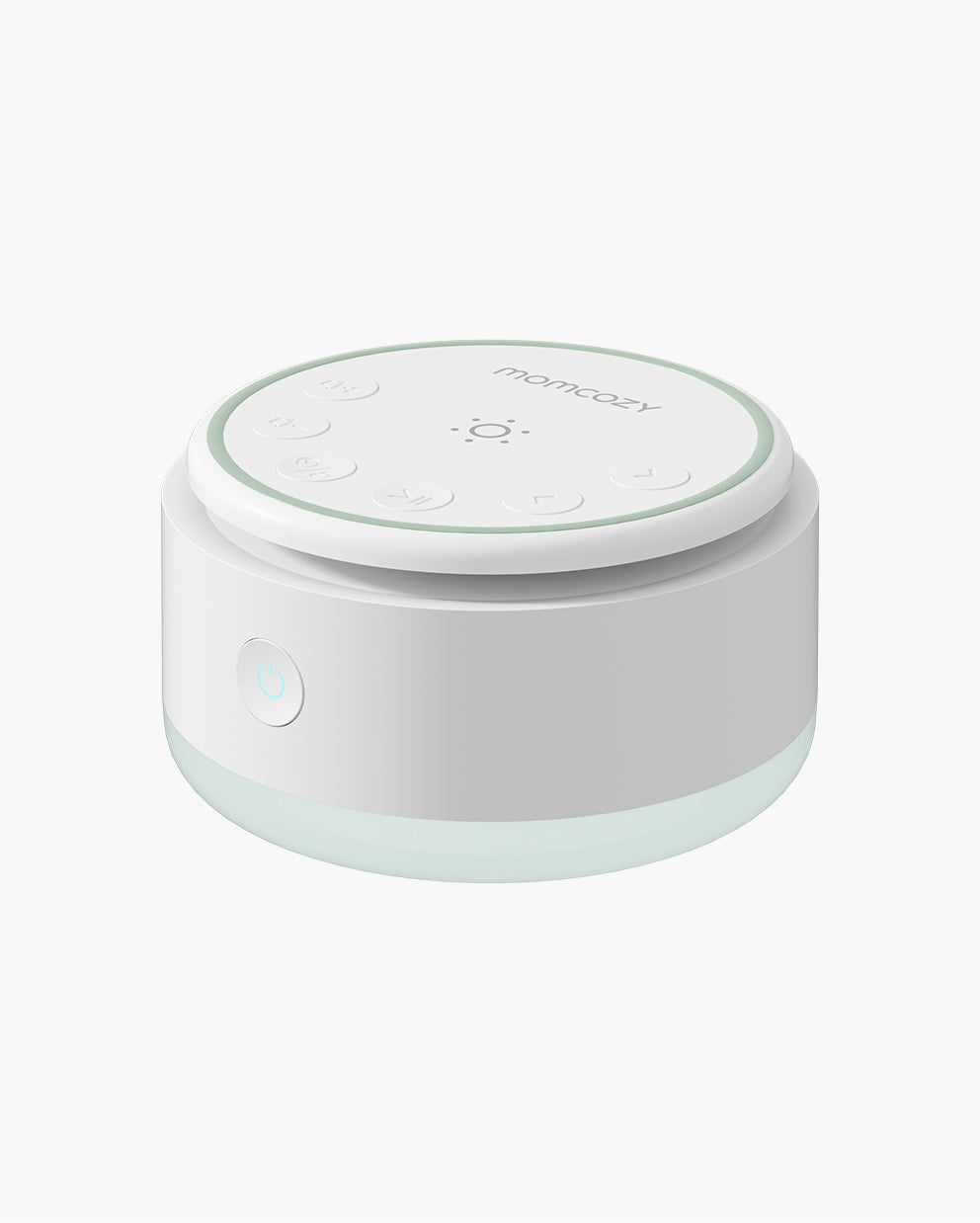

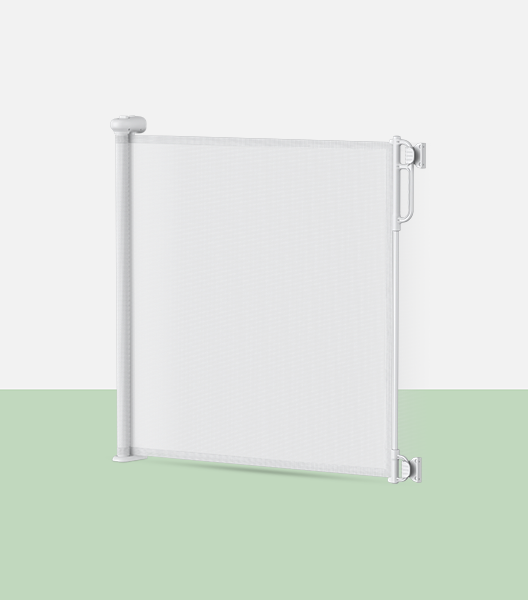
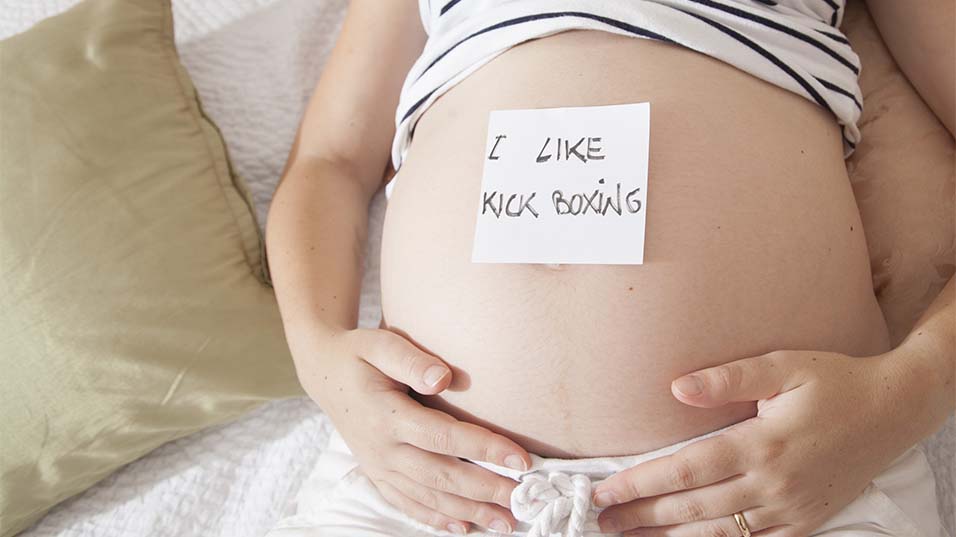
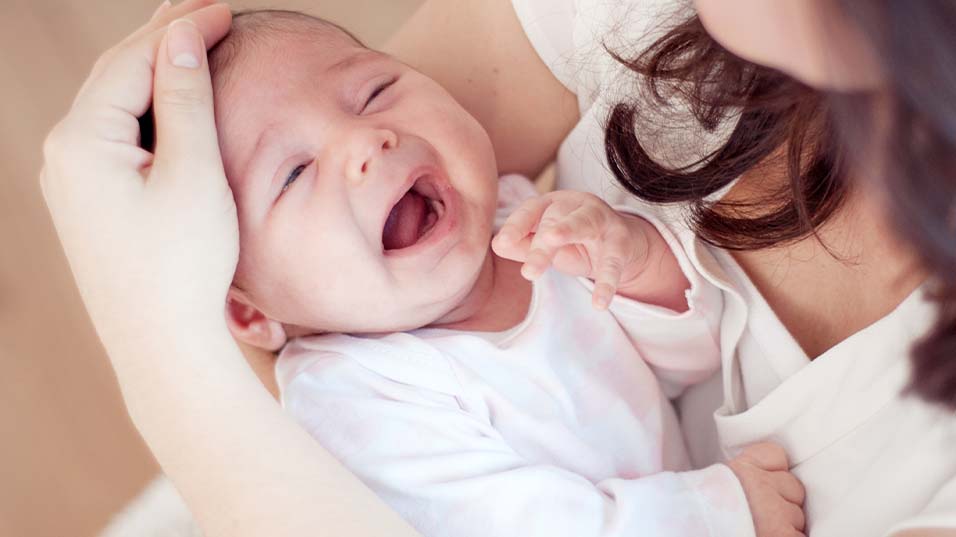

Leave a comment
This site is protected by hCaptcha and the hCaptcha Privacy Policy and Terms of Service apply.